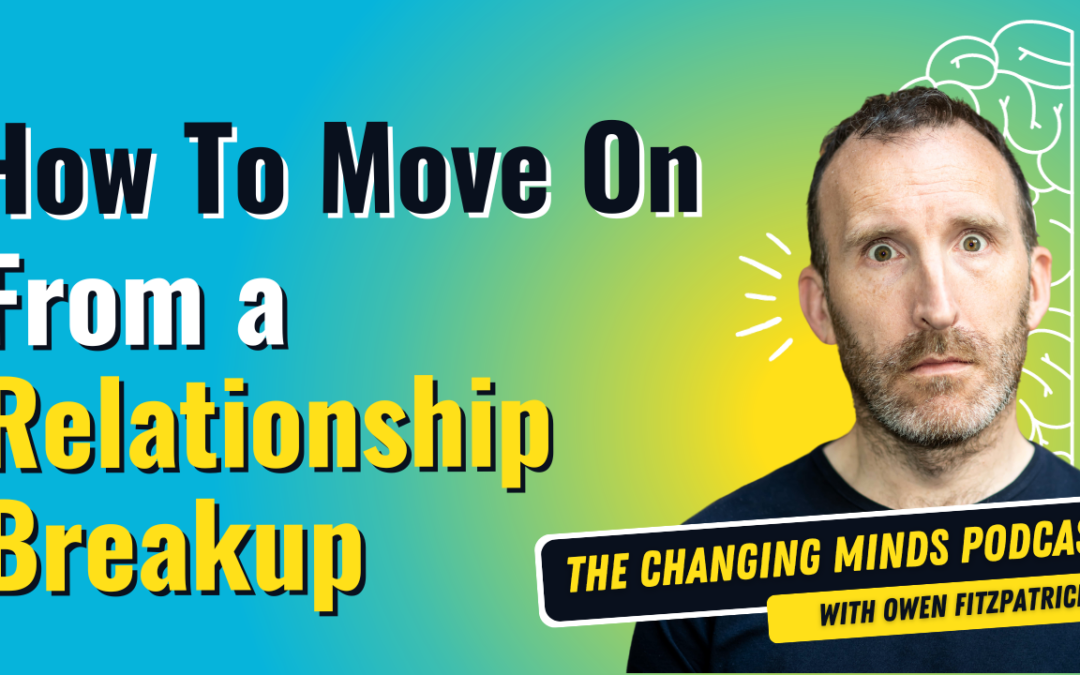Stoicism, a 2,000-year-old philosophy, remains profoundly relevant today. In this episode of Changing Minds, I explore how its principles—focusing on what you can control, cultivating virtue, and embracing adversity—can transform your life. With insights from ancient thinkers like Marcus Aurelius and modern authors like Ryan Holiday, I uncover practical tools to build resilience, improve decision-making, and find purpose in the face of challenges.
The History of Stoicism
- Developed from Zeno’s studies of Socratic teachings and Cynicism.
- The name originates from the “Stoa Poikile” (painted porch) in Athens where discussions took place.
- Emphasized living in harmony with nature, cultivating virtue (wisdom, courage, justice, temperance), and focusing on what can be controlled.
- Key contributors:
- Chrysippus: Expanded intellectual foundations of Stoicism.
- Seneca: Writings on leadership and ethical living.
- Epictetus: Former slave who emphasized focusing on what you can control.
- Marcus Aurelius: Wrote Meditations, a timeless guide to Stoic principles in leadership and life.
The Core Principles of Stoicism
- Virtue as the Highest Good: Cultivate wisdom, courage, justice, and temperance.
- Focus on Control: Direct energy toward what you can control; accept what you cannot.
- Rationality and Logic: Make reasoned decisions while managing emotions like anger, fear, and envy.
- Practical Wisdom: Reflect and act with virtue to improve decision-making.
- Social Responsibility: Live ethically and contribute to the greater good.
- Presence and Reflection: Stay present, align actions with values, and avoid impulsive choices.
The Neuroscience of Stoicism
- Cognitive Reappraisal: Reframe thoughts to change emotional responses.
- Prefrontal Cortex Activation: Promotes rational decision-making and emotional regulation.
- Mindfulness and Detachment: Calm the amygdala, reducing stress and improving focus.
- Storytelling and Interpretation: Reshape the stories you tell yourself to reinterpret adversity and foster resilience.
Stoicism in Practice
- Focus on Control: Let go of external worries; act on what you can influence.
- Live in the Present: Avoid dwelling on the past or fearing the future.
- Cultivate Virtue: Practice wisdom, courage, justice, and temperance daily.
- Embrace Adversity: See challenges as opportunities for growth.
- Daily Reflection: Align actions with values and learn from experiences.
- Practice Gratitude: Develop a habit of appreciating what you have.
- Build Emotional Resilience: Strengthen your ability to manage emotions and detach from negativity.
- Simplify Life: Eliminate distractions and focus on what truly matters.
- Key Stoic Principles:
- Memento Mori: Remember you will die—live with urgency and purpose.
- Amor Fati: Love your fate—accept life as it is, including adversity.
Modern Influence and Recommended Readings
- Stoicism influences modern practices like cognitive-behavioral therapy and mindfulness.
- Ryan Holiday’s books, including:
- The Obstacle Is the Way, Stillness Is the Key, and Ego Is the Enemy.
- Classic texts:
- Meditations by Marcus Aurelius: Essential Stoic guide to life and leadership.
- Letters from a Stoic by Seneca: Insights on ethics and personal growth.
- Discourses by Epictetus: Practical teachings on control and resilience.
Conclusion and Final Thoughts
- Stoicism provides timeless tools for resilience, clarity, and purpose.
- Key takeaways:
- Focus on what you can control.
- Embrace adversity as an opportunity for growth.
- Cultivate virtue and align actions with values.
- Its relevance today shows the enduring power of Stoic principles to improve life. Apply these teachings to transform your mindset and live with greater intention.
Podcast: Play in new window | Download







